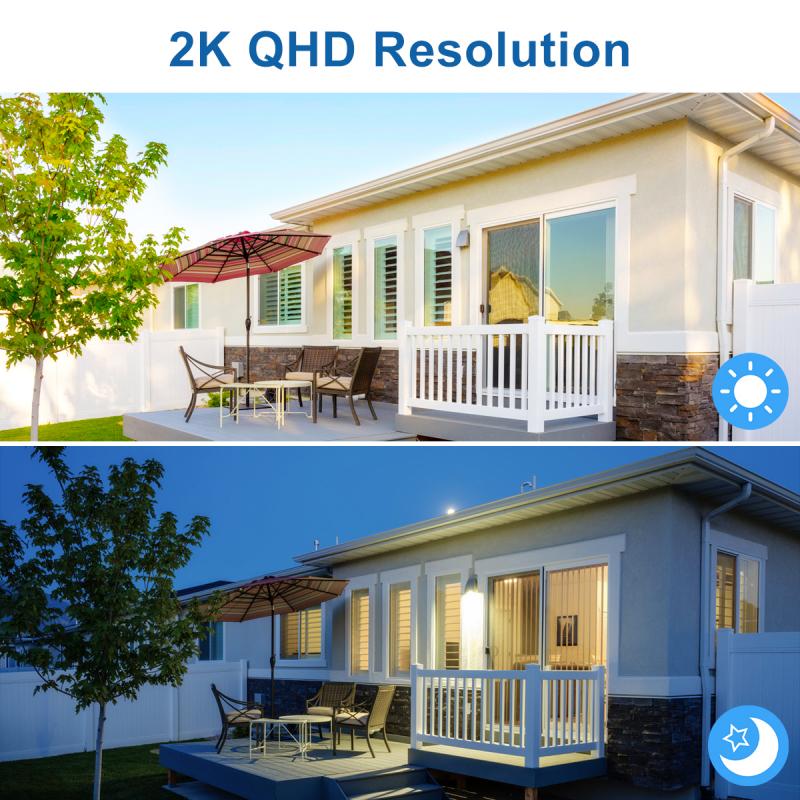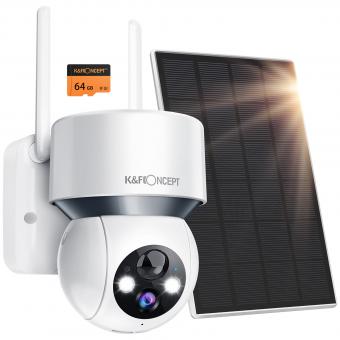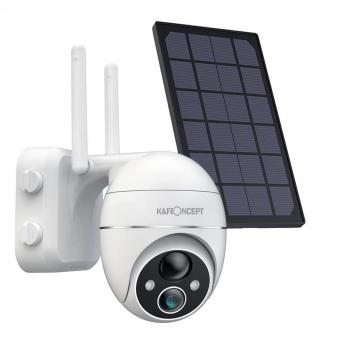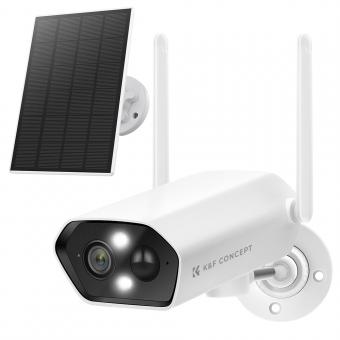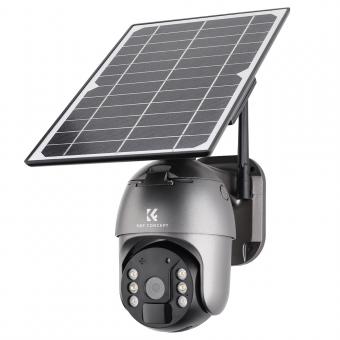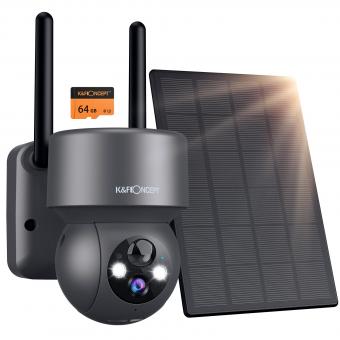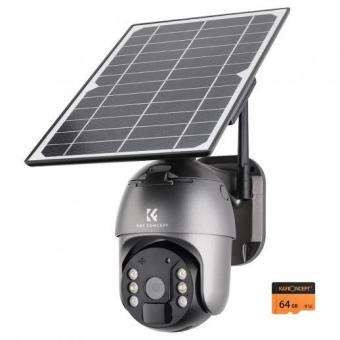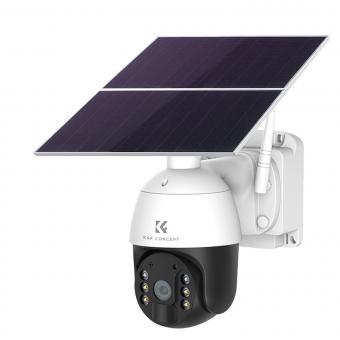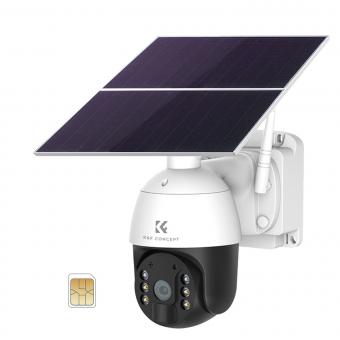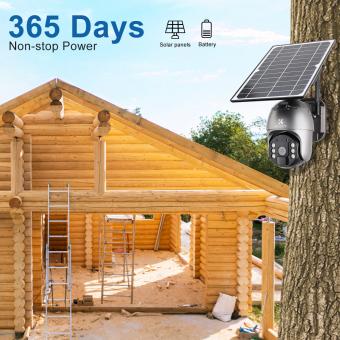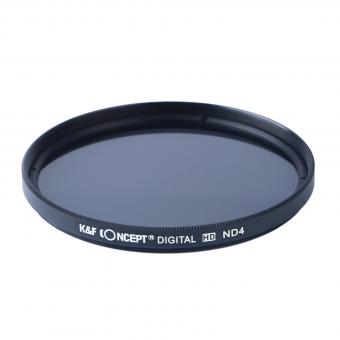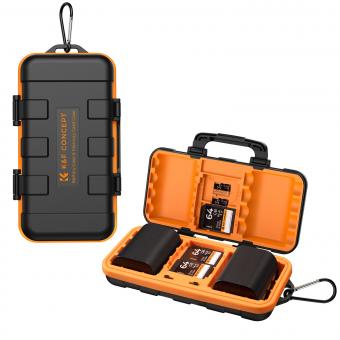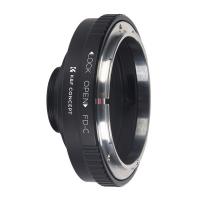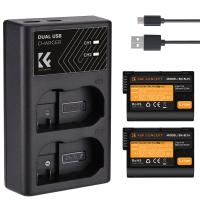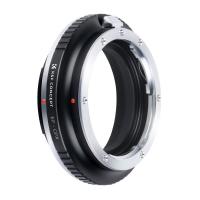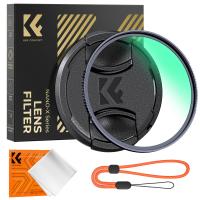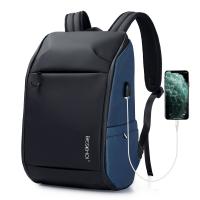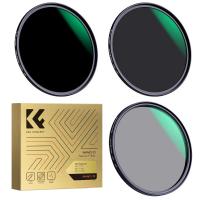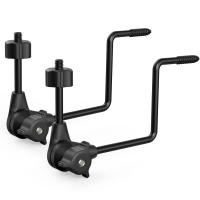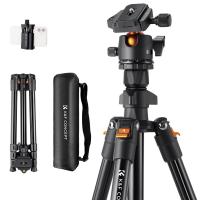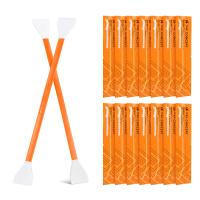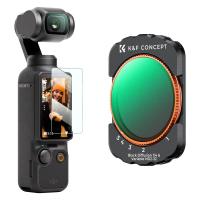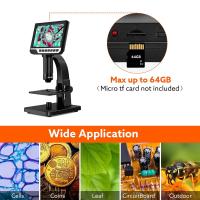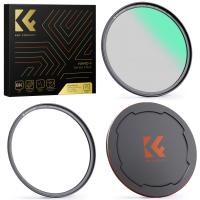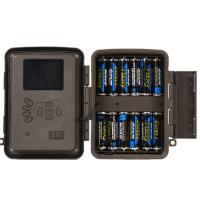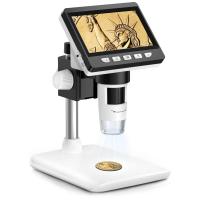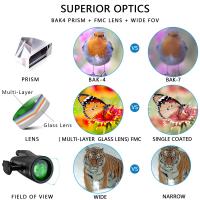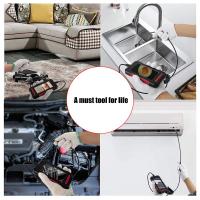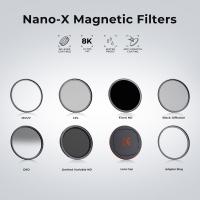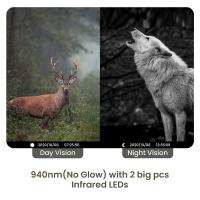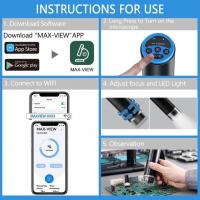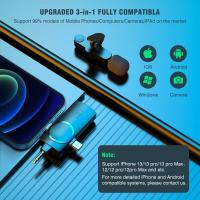How Long Do Solar Powered Security Cameras Last ?
The lifespan of solar-powered security cameras can vary depending on several factors. Generally, these cameras are designed to be durable and long-lasting. The longevity of the camera will depend on the quality of the components used, the maintenance provided, and the environmental conditions it is exposed to. On average, solar-powered security cameras can last anywhere from 5 to 10 years or more. Regular maintenance, such as cleaning the solar panels and ensuring proper battery function, can help extend their lifespan. It is also important to consider the quality of the camera itself, as well as the brand and manufacturer, as these factors can impact the overall durability and longevity of the device.
1、 Battery Life: Duration of solar camera operation on a single charge.
Solar powered security cameras have become increasingly popular in recent years due to their convenience and sustainability. One of the most important factors to consider when investing in a solar powered security camera is the battery life and duration of operation on a single charge.
The battery life of solar powered security cameras can vary depending on several factors such as the camera's power consumption, the amount of sunlight available, and the camera's settings. On average, solar powered security cameras can last anywhere from a few days to several months on a single charge.
However, it is important to note that advancements in technology have led to significant improvements in battery life for solar powered security cameras. Manufacturers are constantly working to develop more efficient solar panels and batteries, resulting in longer battery life and increased camera operation time.
In recent years, some solar powered security cameras have been equipped with advanced power management systems that optimize battery usage. These systems can intelligently adjust camera settings and power consumption based on the available sunlight, ensuring that the camera operates for as long as possible on a single charge.
Additionally, some solar powered security cameras now come with backup batteries or capacitors that can store excess energy generated by the solar panels. This allows the camera to continue operating even during periods of low sunlight or at night.
It is worth mentioning that the battery life of solar powered security cameras can also be extended by using power-saving features such as motion detection and scheduling. These features can help conserve battery power by only recording and transmitting footage when necessary.
In conclusion, the battery life of solar powered security cameras can vary, but advancements in technology have led to longer battery life and increased camera operation time. With the latest developments in power management systems and backup batteries, solar powered security cameras can now operate for extended periods on a single charge, providing reliable surveillance and peace of mind.
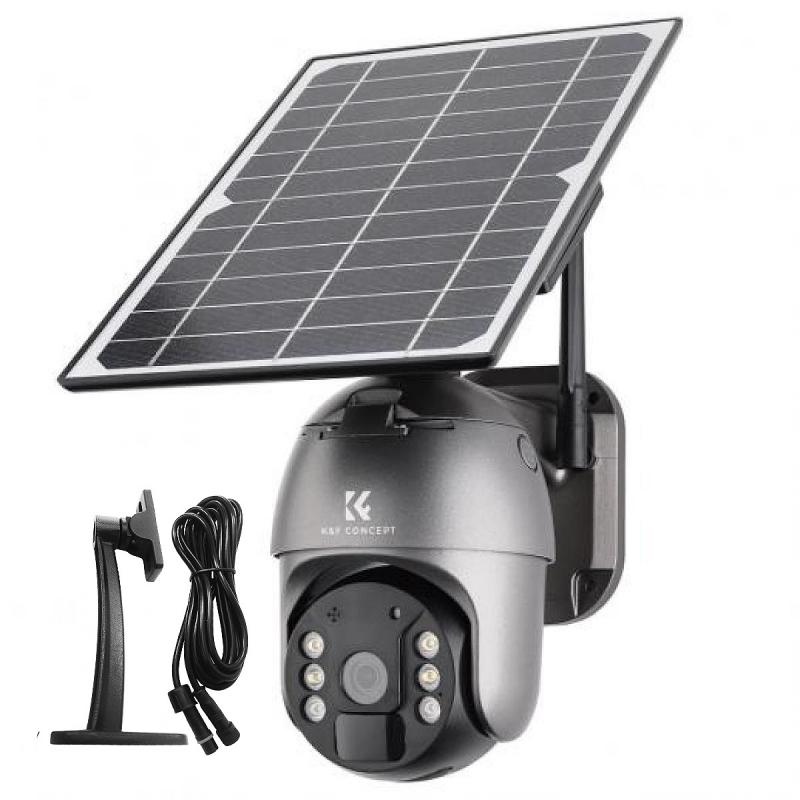
2、 Solar Panel Efficiency: Conversion rate of solar energy into power.
Solar powered security cameras can last for a significant amount of time, but the exact duration depends on various factors. One crucial factor is the efficiency of the solar panels used to power the cameras. Solar panel efficiency refers to the conversion rate of solar energy into power. The higher the efficiency, the more power the panels can generate from the available sunlight.
The efficiency of solar panels has been steadily improving over the years. In the past, typical solar panels had an efficiency of around 15-20%. However, with advancements in technology, the latest solar panels can achieve efficiencies of up to 25%. These higher efficiency panels can generate more power from the same amount of sunlight, which can extend the lifespan of solar powered security cameras.
In terms of the lifespan of solar powered security cameras, it is important to consider the battery capacity and the power consumption of the camera itself. A larger battery capacity can store more energy from the solar panels, allowing the camera to operate for longer periods without direct sunlight. Additionally, cameras with lower power consumption will require less energy, further extending their lifespan.
On average, solar powered security cameras can last anywhere from 2 to 5 years. However, with the latest advancements in solar panel efficiency and battery technology, some cameras may have a longer lifespan. It is important to note that regular maintenance and proper care of the solar panels and batteries can also contribute to the longevity of the cameras.
In conclusion, the lifespan of solar powered security cameras depends on various factors, including the efficiency of the solar panels. With the latest advancements in solar panel technology, higher efficiency panels can generate more power, potentially extending the lifespan of these cameras. However, it is essential to consider other factors such as battery capacity and power consumption to ensure optimal performance and longevity.
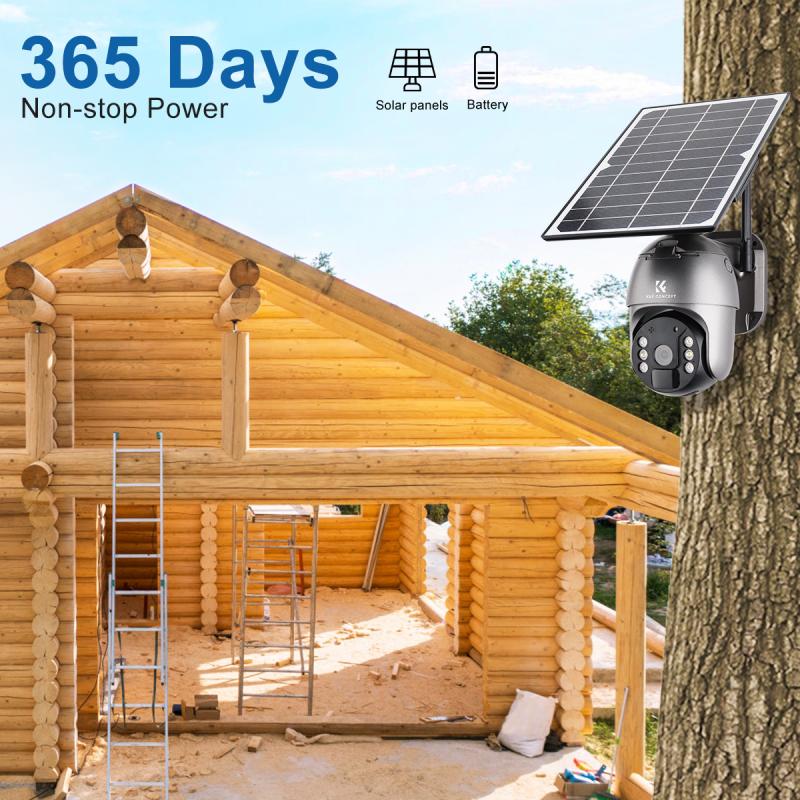
3、 Weather Resistance: Ability to withstand various weather conditions.
Solar powered security cameras can last for a significant amount of time, but the exact duration depends on various factors. One crucial aspect to consider is the weather resistance of these cameras. Weather resistance refers to the ability of the cameras to withstand various weather conditions, including extreme temperatures, rain, snow, and high winds.
The durability of solar powered security cameras in different weather conditions has improved over the years. Manufacturers have been focusing on enhancing the weather resistance of these cameras to ensure their longevity. Many solar powered security cameras are now designed with weatherproof casings that protect the internal components from moisture and dust. These casings are typically made from durable materials such as aluminum or polycarbonate, which can withstand harsh weather conditions.
Additionally, advancements in solar panel technology have made these cameras more efficient in converting sunlight into energy, even in low-light or cloudy conditions. This ensures that the cameras can continue to operate and charge their batteries effectively, regardless of the weather.
However, it is important to note that extreme weather conditions can still have an impact on the lifespan of solar powered security cameras. For example, prolonged exposure to extremely high temperatures or freezing temperatures can potentially degrade the camera's internal components over time. Similarly, severe storms or strong winds can cause physical damage to the camera or its mounting system.
To maximize the lifespan of solar powered security cameras, it is recommended to choose models that are specifically designed for outdoor use and have a high weather resistance rating. Regular maintenance, such as cleaning the solar panels and checking for any signs of damage, can also help prolong the lifespan of these cameras.
In conclusion, solar powered security cameras can last for a significant amount of time, thanks to advancements in weather resistance and solar panel technology. However, the exact lifespan can vary depending on the specific camera model, the severity of weather conditions, and the level of maintenance provided.
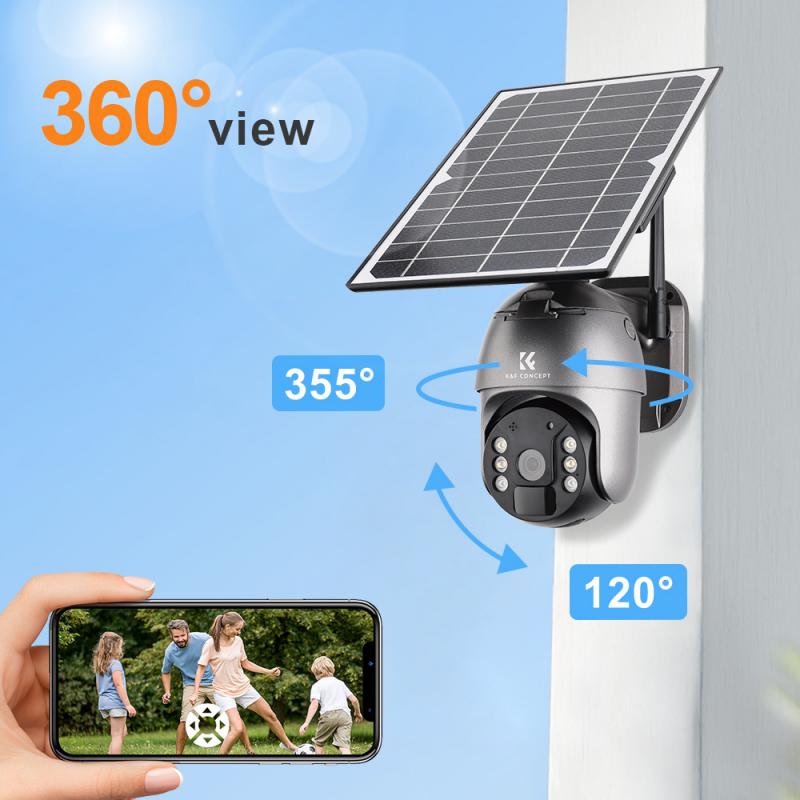
4、 Storage Capacity: Amount of footage that can be stored.
Solar powered security cameras can be a great solution for remote locations or areas without access to electricity. They are designed to operate using solar panels to harness energy from the sun and convert it into power for the camera's operation. However, the lifespan of solar powered security cameras can vary depending on several factors.
One important factor to consider is the quality of the camera itself. Higher quality cameras tend to have better components and are built to last longer. Cheaper cameras may not have the same durability and may need to be replaced more frequently.
Another factor to consider is the battery life of the camera. Solar powered security cameras typically have built-in rechargeable batteries that store the energy generated by the solar panels. The battery life can vary depending on the camera's power consumption and the amount of sunlight available. In general, a fully charged battery can last anywhere from a few days to several weeks.
The storage capacity of the camera is also an important consideration. This refers to the amount of footage that can be stored on the camera's internal memory or on an external storage device. The storage capacity can vary depending on the camera model and the settings used. Some cameras may have limited storage capacity and may overwrite old footage once the memory is full, while others may have larger storage capacity and can store more footage.
It is important to note that advancements in technology are constantly being made, and the lifespan and storage capacity of solar powered security cameras are likely to improve over time. It is always recommended to research and choose a reputable brand and model that suits your specific needs and requirements.
